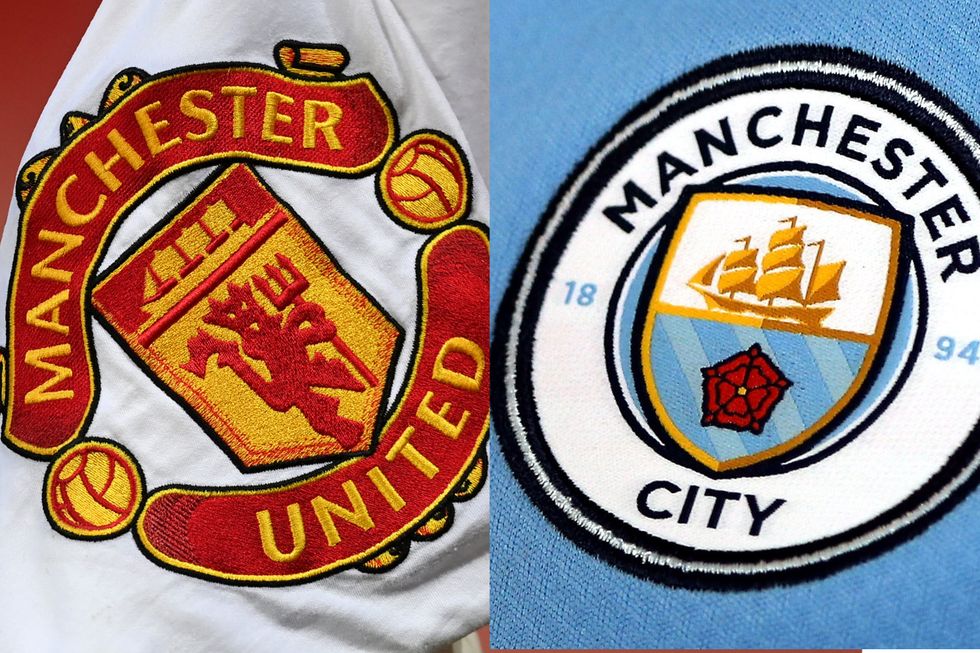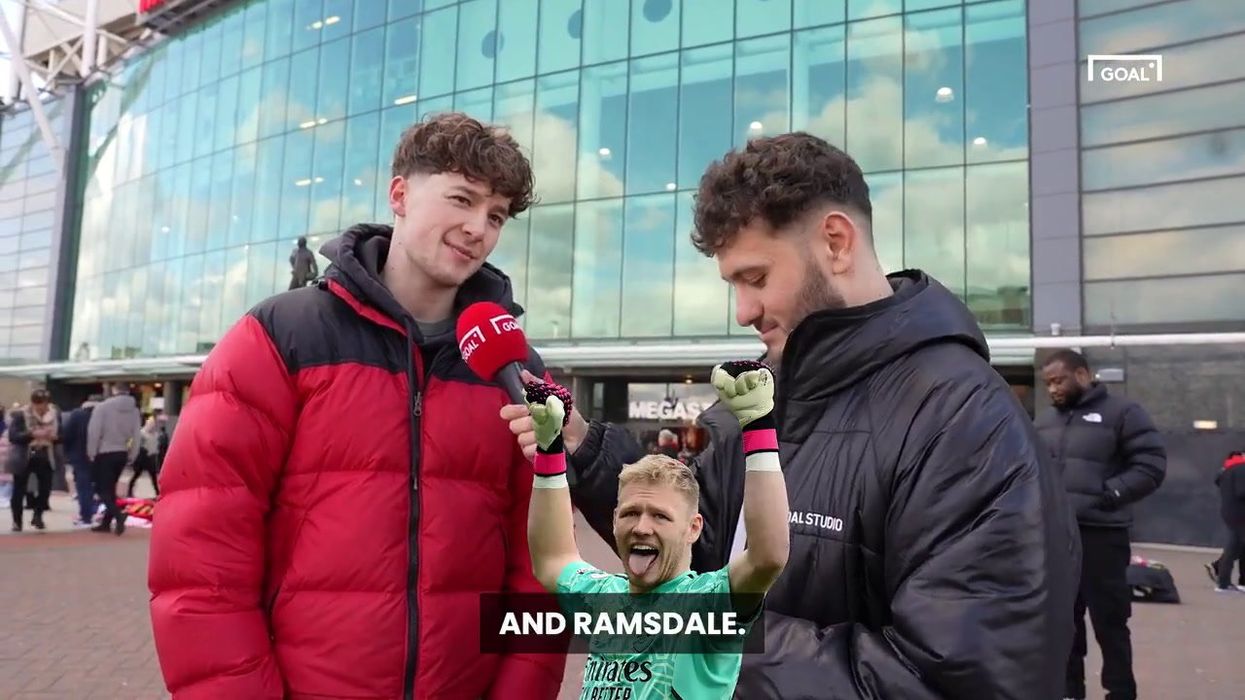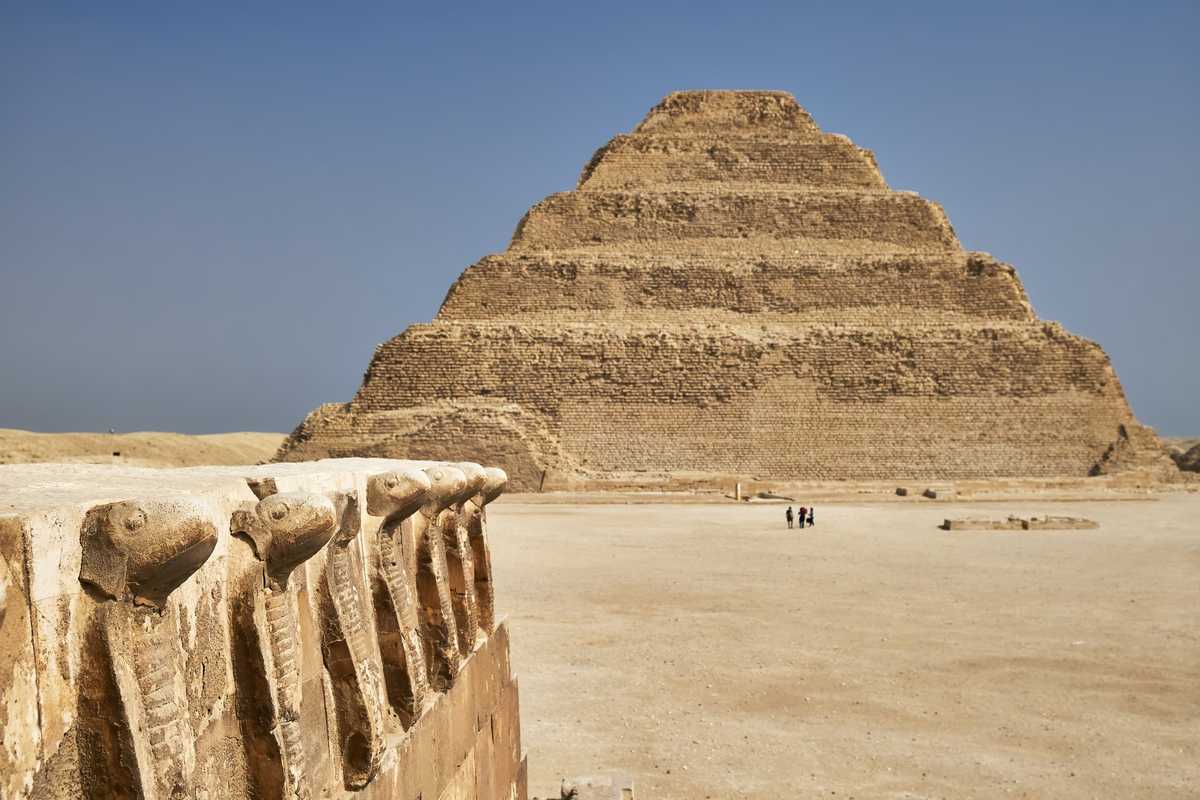Harry Fletcher
Apr 20, 2023
Manchester United fan attempts footballs hardest trivia test
content.jwplatform.com
Fans of Manchester United and Manchester City are pushing back on social media after an article was published claiming that historic parts of both club's badges should be removed.
The Guardian ran a piece by journalist Simon Hattenstone which asked the question whether the ships on both crests should be replaced.
As the article attests, the ships have ties with the slave trade which was fundamental to the money coming into the city in the 19th century.
Both crests feature a ship, as does the city’s official coat of arms. Hattenstone writes: “Manchester’s coat of arms, adopted in 1842, when the city was still a borough. Sure, the slave trade had been abolished 35 years earlier in the British empire, but Manchester and its satellite towns were thriving thanks to the business that merchants were doing with slavers and plantations in the Americas.”
Sign up to our new free Indy100 weekly newsletter
He then asks whether it was time for City to replace the ship on its badge with a bee which became a symbol of unity after the Manchester Arena bombing in 2017.

Labour MP for Blackley and Broughton, Graham Stringer, made his stance clear on the proposals and pushed back on the idea of changing the badges.
“Manchester had nothing to do with the slave trade. People from the city at the time of the US Civil War in 1861 protested against slavery," he told the publication. "This is one of the craziest campaigns I have ever seen.”
Manchester United historian JP O'Neill also hit back at the claims, writing: “[Hattenstone’s] 'logic' is as ridiculous as it is contradictory. Not only did the club badges long post-date the abolition of slavery, the clubs themselves were only founded decades after slavery was ended.
“The first ship to arrive in Manchester came in 1894 with the opening of the Ship Canal. In Manchester, cotton workers during the American Civil War refused to work with slave-picked cotton, putting their livelihoods at risk.”
Have your say in our news democracy. Click the upvote icon at the top of the page to help raise this article through the indy100 rankings.
Top 100
The Conversation (0)














